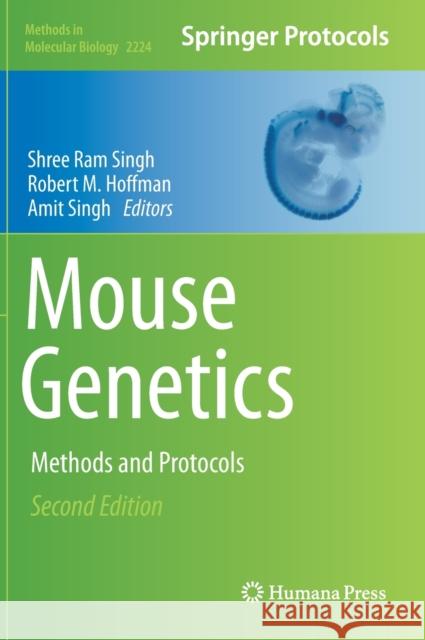Mouse Genetics: Methods and Protocols » książka
topmenu
Mouse Genetics: Methods and Protocols
ISBN-13: 9781071610077 / Angielski / Twarda / 2021 / 217 str.
Mouse Genetics: Methods and Protocols
ISBN-13: 9781071610077 / Angielski / Twarda / 2021 / 217 str.
cena 726,29
(netto: 691,70 VAT: 5%)
Najniższa cena z 30 dni: 693,97
(netto: 691,70 VAT: 5%)
Najniższa cena z 30 dni: 693,97
Termin realizacji zamówienia:
ok. 16-18 dni roboczych.
ok. 16-18 dni roboczych.
Darmowa dostawa!
Kategorie:
Kategorie BISAC:
Wydawca:
Humana
Seria wydawnicza:
Język:
Angielski
ISBN-13:
9781071610077
Rok wydania:
2021
Wydanie:
2021
Numer serii:
000014950
Ilość stron:
217
Waga:
0.59 kg
Wymiary:
25.91 x 19.56 x 1.52
Oprawa:
Twarda
Wolumenów:
01
Dodatkowe informacje:
Wydanie ilustrowane











